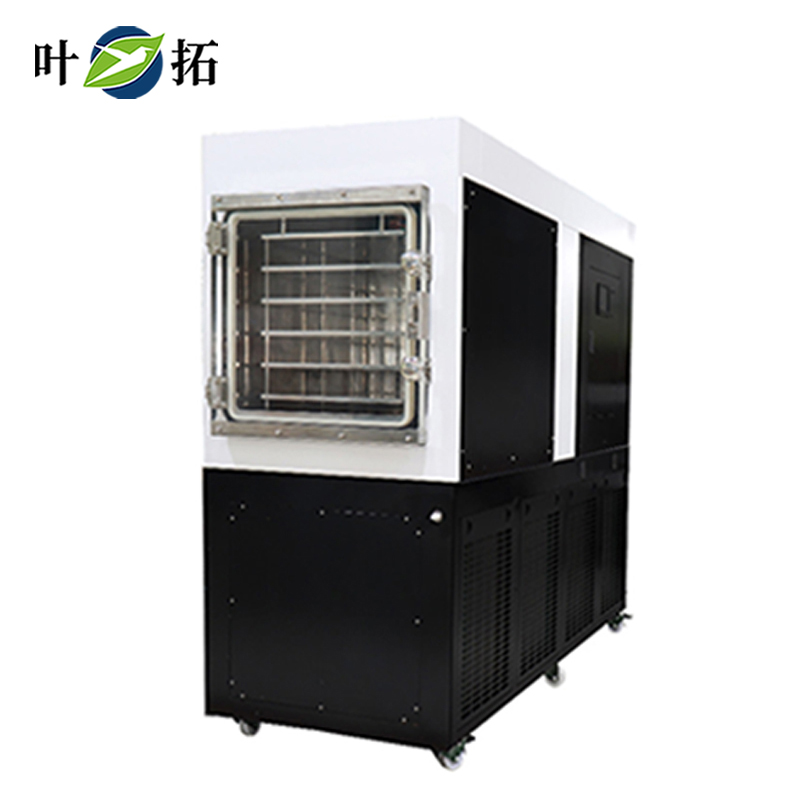

Product parameters:
Instrument model: YTYW-025 (N)
Laboratory temperature: Neutral salt water test method (NSS ACSS) 35 ℃+1 ℃; Acid salt water test method (CASS) 50 ℃± 1 ℃
Pressure bucket temperature: Neutral salt water test method (NSS ACSS) 47 ℃+1 ℃; Acid salt water test method (CASS) 63 ℃± 1 ℃
Salt water concentration: Neutral salt water test method (NSS ACSS); Sodium oxide concentration 5%; Acid salt water test method (CASS);
Add 0.26 grams of copper gasification (CuCL2. H2O) per liter to a 5% sodium chloride solution
Spray pressure: 1.00 ± 0.1kgf/cm ²
Spray volume: 1.0-2.0ml/80cm ²/h (collect at least 16 hours and take the average value)
Relative humidity in the laboratory: 85% H.R or above
Spray mode: continuous spray (equipped with different controllers to achieve continuous spray and intermittent spray)
Laboratory volume (L): 270L
Saltwater tank capacity (L): 25L
Inner box size (mm): 900 × 500 × 600
Outer box size (mm): 1400 × 880 × 1280
Power requirement: AC220V 15A
Note: The digital version is a popular model; N models are of touch screen type
- Product Details
- Product manual
Yetuo YTYW-025 (N) Salt Spray Test Chamber
Model: YTYW-025 (N)
Product Overview:
Salt spray test chamber is an environmental reliability testing equipment specifically designed to simulate and accelerate the degradation process of materials or products in corrosive environments. Its core function is to create a continuous or cyclic wet, high salinity or specific chemical environment in a closed test chamber through a precisely controlled spray system (which can spray saline solution, pure water or other specific corrosive media) to strictly evaluate the corrosion resistance of various material surface treatment processes.
Product Features of Yetuo YTYW-025 (N) Salt Spray Test Chamber
● Stable simulation of salt spray, humidity and other natural environmental conditions that are very destructive to materials through a controllable spray system (salt water/pure water/specific media);
Significantly accelerate the degradation process of materials in corrosive environments, and be able to quickly and objectively evaluate the corrosion resistance of surface treatments such as coatings, coatings, and film layers in a short period of time;
The test object comprehensively covers various surface treatments, including coatings; Electroplating, anodizing, phosphating, rust proof oil, chemical conversion coating (passivation, etc.), highly applicable;
● It is a key tool for predicting the actual service life of products and verifying the effectiveness of protective processes, helping to improve product environmental adaptability, reliability, and market competitiveness

 Alibaba Store
Alibaba Store Tmall Store
Tmall Store Jingdong Sstore
Jingdong Sstore






